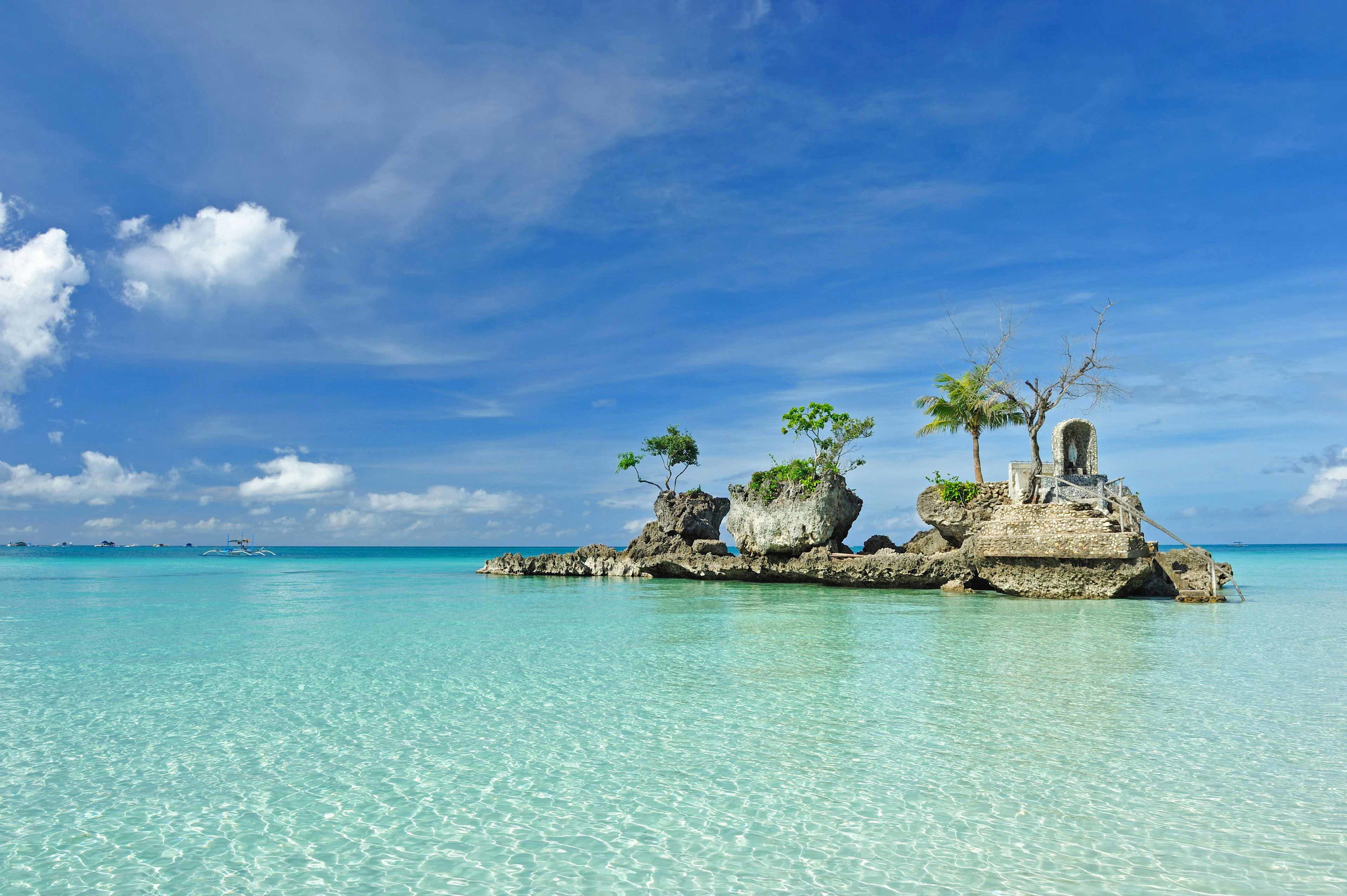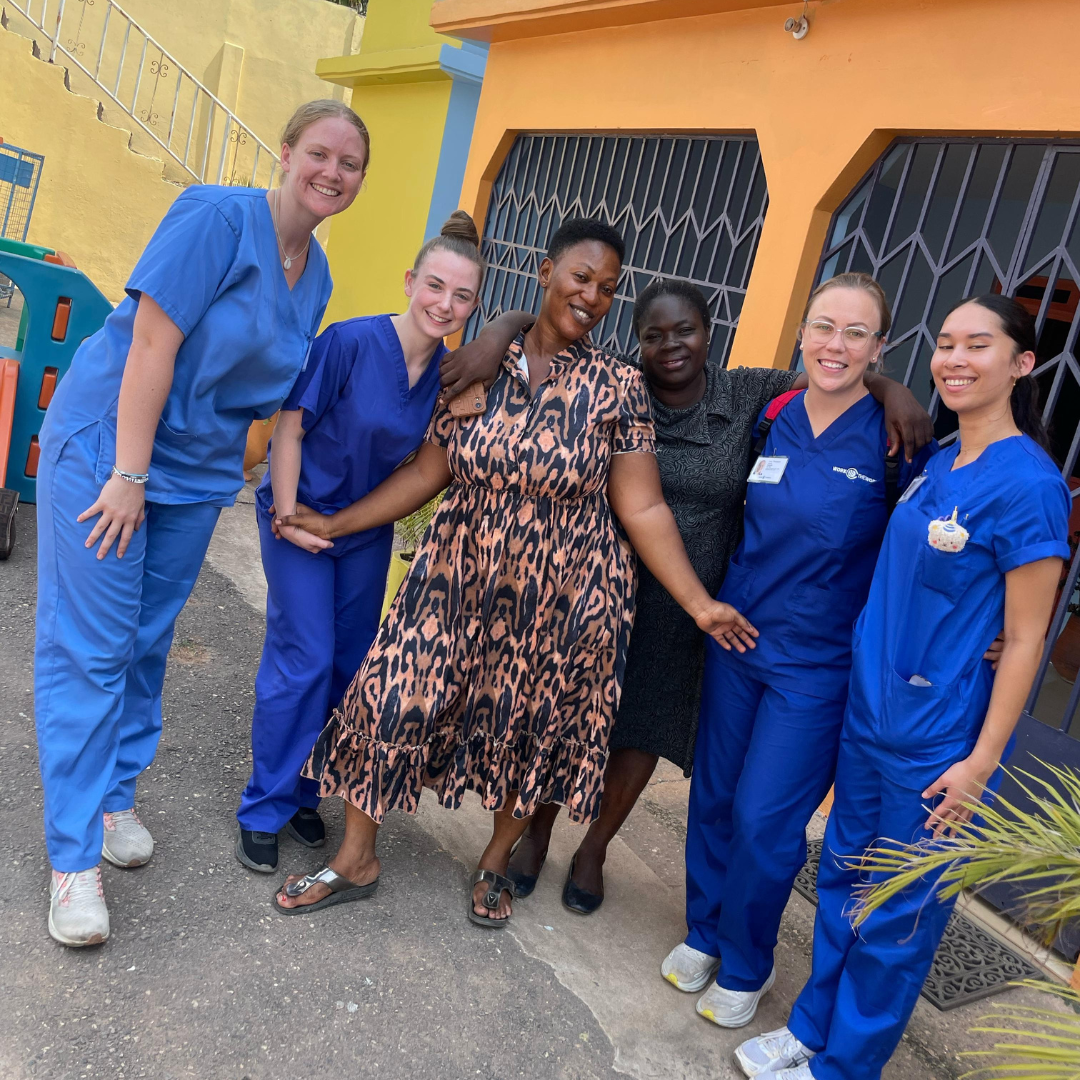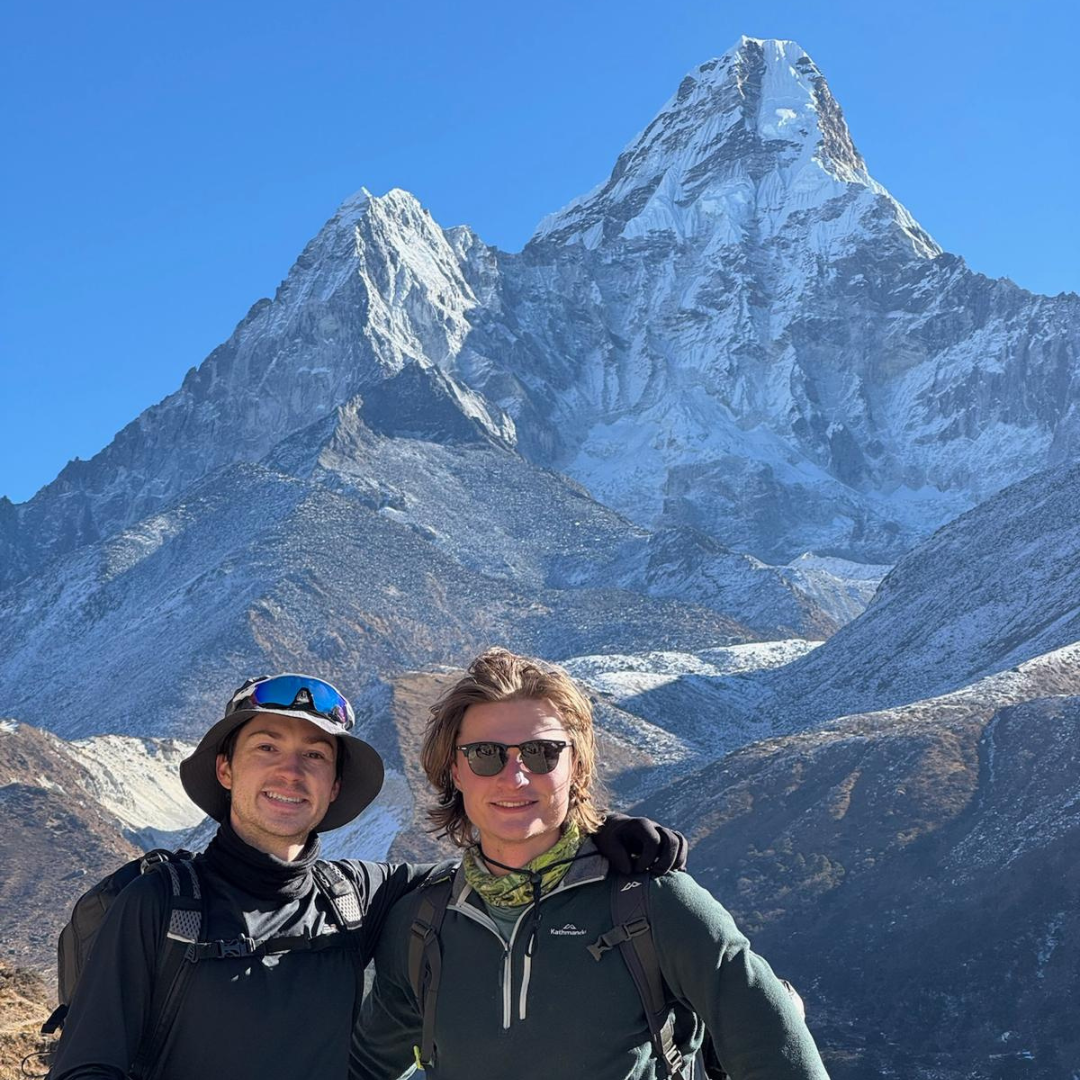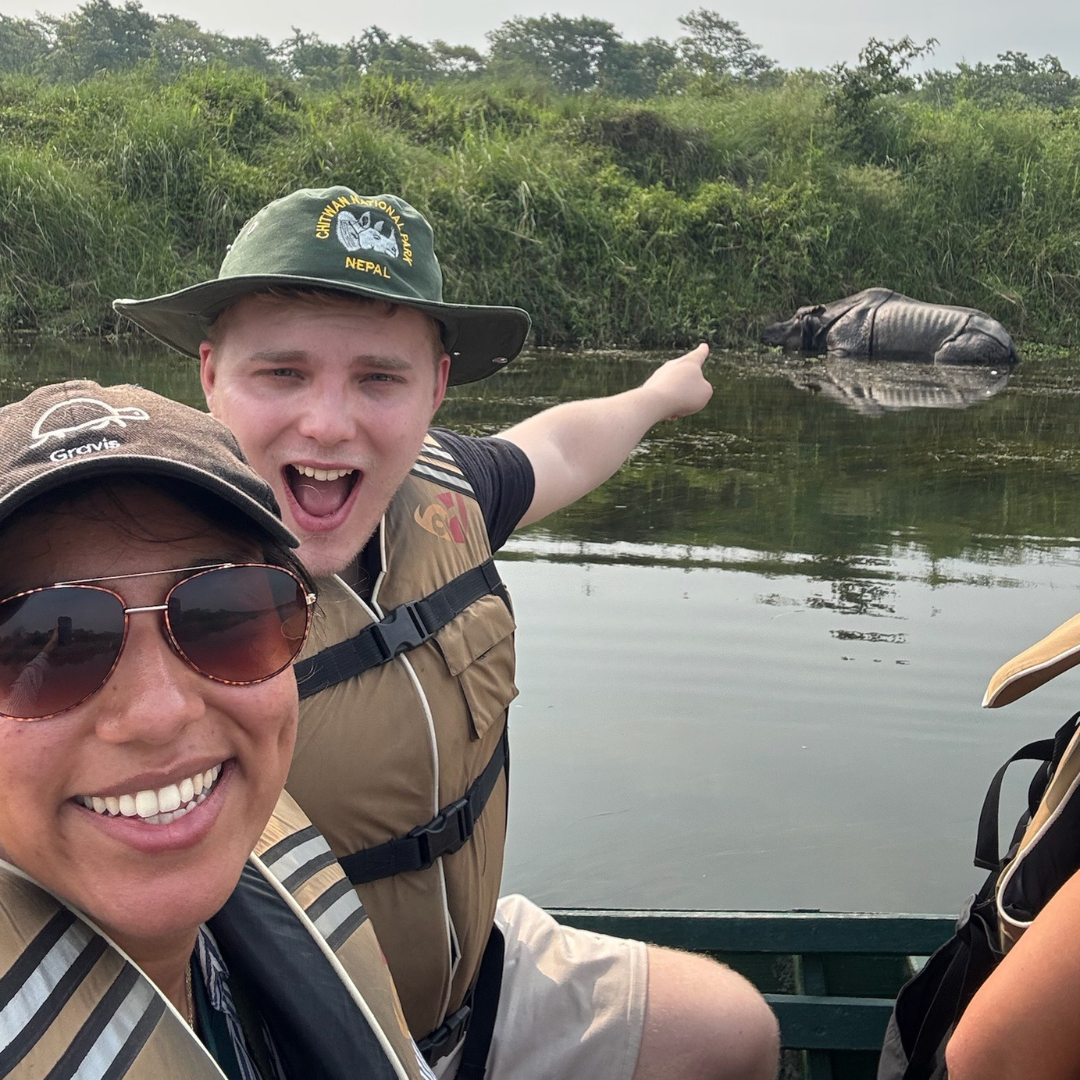Queen's University, Belfast 2019
I had always heard such good things about the Philippines. Everything, from the people to the food to the incredible sights, fascinated me. So, when I saw it as an option on the Work the World website and read the reviews, I knew it was where I wanted to spend my summer.
I spent my four weeks in the surgical department, and upon entering the department, the differences were evident.
At home, we rely a lot on technology, but in the Philippines, there wasn’t a computer system. Instead, there was a whiteboard detailing the operating list for the day.
Most days the list included numerous amputations and motorcycle traumas.
Even the operations being performed were different. Most days, the list included numerous amputations and motorcycle traumas. These surgeries were due to the social and cultural factors affecting the population. Diabetes and squamous cell carcinoma are two conditions affecting large portions of the population, but, unlike at home, by the time they present, they are very progressed.
In Northern Ireland I had observed numerous cases of SCC requiring wide local excisions, whereas in The Philippines I assisted with above the knee amputations for SCC due to how advanced the disease presents. This highlighted the benefits of having a primary care facility to diagnose these conditions early. However, in the Philippines, the first port of contact was the hospital when the disease had already spread.
The overall process of performing an operation was similar to the process in Northern Ireland. However, finer details differed. Disposable scrubs were not used; scrubs were washed and reused. Scrub sinks were communal, with only 3 out of 6 functioning for the entire department. Power cuts regularly occurred, and staff simply managed by using a mobile phone to illuminate the surgical field. And it was just an accepted fact that some of the anaesthetic machines leaked.
This increased my gratitude for the healthcare we have at home
Despite these sub-optimum conditions and minimal resources, they still managed to perform life-saving operations every day. This increased my gratitude for the healthcare we have at home and made me realise how much we take for granted.
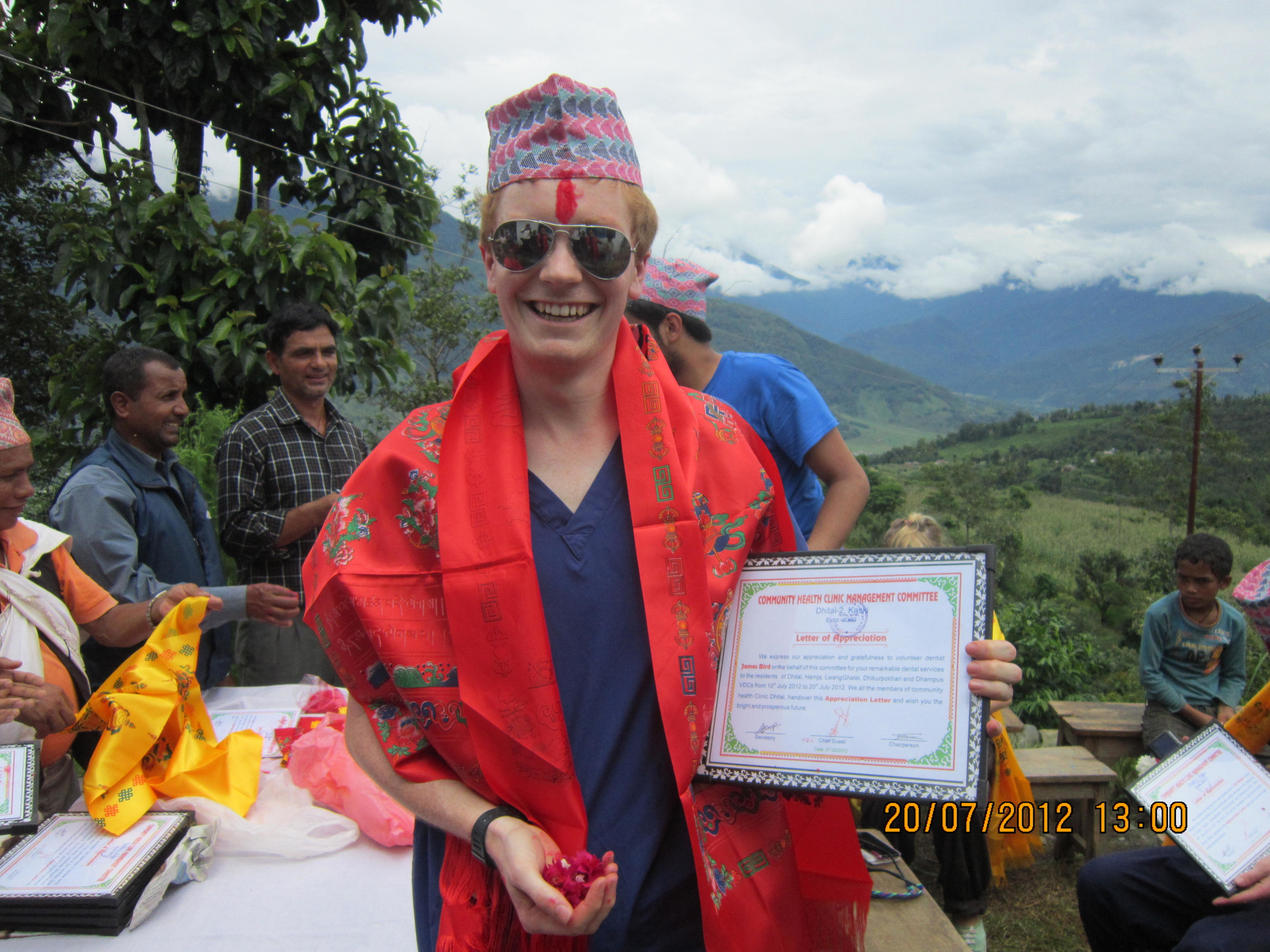 Like the theatres, the wards were incredibly different from those at home. Due to the hospital’s no-refusal policy, the ward exceeded capacity, which resulted in 3 patients per bed on some occasions.
Like the theatres, the wards were incredibly different from those at home. Due to the hospital’s no-refusal policy, the ward exceeded capacity, which resulted in 3 patients per bed on some occasions.
I had the opportunity to visit post-op patients and practice my history taking with the added challenge of a language barrier.
At the Work the World house, we had the chance to partake in language lessons, and these were incredibly beneficial. Although most patients spoke English, I could see it meant a lot to them that we were making the effort to use their native tongue.
Like the patients, the hospital staff spoke impeccable English and were happy to translate when necessary. They were always so approachable, keen to both teach and learn about our healthcare at home.
Not only were the hospital staff incredibly knowledgeable about the medical profession, but they were an invaluable source of information about the local area. Giving us recommendations of places to visit, activities to do, and even bringing us local delicacies to try, including batchoy, balut, and the renowned Jollibee.
We took their advice on board and every weekend embarked on a new adventure.
Our first weekend, we had a very authentic experience in a place called Antique, which included an early morning start to fish with the locals on a bamboo raft, where we caught our lunch for the day and watched the sunrise.
The rest of the weekend was adventure-filled and included motorcycling through the mountains with scenes like something from a movie, and then a hike to the waterfalls to cool off.
Our accommodation for the night was almost like a spa retreat. No WiFi, no service, no music – just the sound of the river, and the smell of the massage oils and bamboo.
After some extreme tubing (and managing to not fall off along the way), we had lunch in the river. We were serenaded by two gentlemen with a guitar and an accordion, and ate lunch with our hands as nature intended (including a fish fully boned, eyes and all). We finished off the day with a relaxing cawa bath and a massage before retreating to our bamboo huts for some sleep.
The next weekend was a very different kind of weekend. This was our typical “beach holiday” on a beautiful island called Boracay. Lounging on the beach, reading a book and soaking up the sun was such a different experience from the busy Iloilo city we were used to.
Of course, it wasn’t all relaxing – we couldn’t miss the opportunity to add some adventure with the water sports on offer.
Our final weekend was spent in Cebu, an island just a short flight away. This was probably my favourite weekend, jam-packed full of activities.
Anything that could be done, we did; snorkelling with tropical fish and turtles, swimming with whale sharks, canyoneering, cliff jumping, and Tarzan swinging across the water. Safe to say by the time we returned to the Work the World house, we were all exhausted, but it was worth every busy moment.
Not only did we do things at the weekends, but in the evenings, there was never a dull moment.
Living in a house with other healthcare students meant there was always something happening. Whether it was some card games going on, a night out, a trip to the markets or the fantastic barbecue and karaoke nights. No matter how much I said I wouldn’t sing, I don’t think there was ever a night I didn’t have the microphone in my hand. These nights were a great way for everyone to let loose and bond as a group, and chat with people you may not have spoken to before.
This experience has taught me a lot and was incredibly beneficial to me, both personally and professionally.
As a generation, we take too much for granted, unaware of how lucky we truly are. Being able to visit a different part of the world and see breathtaking views, experience different cultures and do activities you could only dream about is an honour in itself.
My trip was an opportunity of a lifetime, and I will never forget that. Maybe some of the finer details will become blurry, some of the names of people and places may slip my mind, and some of the dates may get jumbled. But, one thing I will never forget is how privileged I’ve been to go to the Philippines and see its beauty in many forms.
I would advise everyone to experience spending some time abroad. The beauty you will see, the people you will meet and the lessons you will learn are invaluable.
Being in the hospital was an unforgettable opportunity; the cases and people I met will stay with me forever. Seeing what they were able to do with limited resources and the way they handled very difficult situations without relying on technology, but through pure clinical skill and knowledge, was phenomenal and inspiring. It highlighted how much we take for granted back home and will definitely impact me and my future practice.
